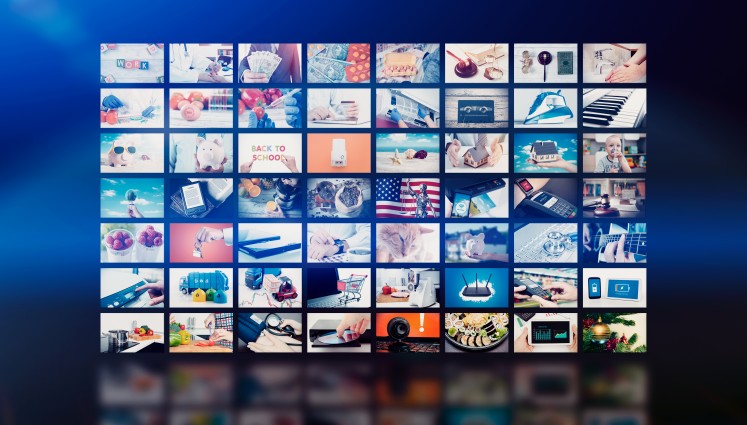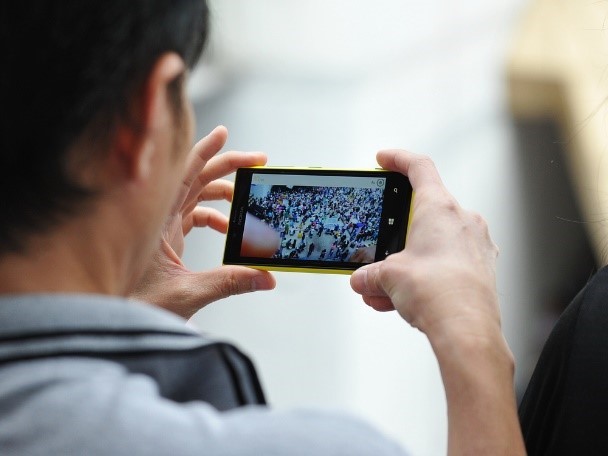
What is World Television Day?
By Distributel
November 21st is World Television Day. Before you break out the snacks for a long night of binging classic Seinfeld episodes to commemorate the occasion, we thought that we would fill you in on why Word Television Day is a thing.
Most of us equate TV with entertainment and understandably so. We love to sit down and zone out in front of the tube (increasingly on our phones, tablets and computers) and watch our favorite shows. It stands to reason that the celebrity culture we live in today was created, at least in part, by the mass appeal of the TV shows we watch.
But wasn’t TV supposed to be much more than that when it was invented? Didn’t we have grand aspirations for what this technology could be used for?
What is World TV Day?
World Television Day is less a celebration of TV shows, but rather of the philosophy which it represents – a platform which offers openness and transparency on world issues. Television has long been thought to represent communication and globalization in the contemporary world.
The first ever World Television Day was staged by the United Nations in 1996 to recognize the medium’s impact on democracy, conflict resolution and the positive influence it has on altering public opinion and bringing awareness to important social and economic issues around the world.
TV then
Without the power of TV’s moving pictures, many of the issues of our day may have never come to our attention. It has the power of delivering news, information and entertainment in a very impactful way because it’s real when we see it with our own eyes. What may have seemed otherworldly to us and not very relevant to our daily lives, simply because of the limitations of geography, is brought to life with moving pictures and sound.
When only a few major television broadcasters controlled the airwaves, and chose what we saw, the result was often magical but perhaps also a bit distorted. As content existed in a fairly generic state during the golden age of television, it did allow us to share a collective living room and watch what was happening around the world, together, albeit dependent on the editorial choices of the networks.
TV now
How things have changed. With the flood of streaming video and user-driven content in the 21st century, we are free to watch what we want, when we want, where we want, on whichever device we want – all on our own terms.
What do we really mean when we use the word TV? It used to mean a small wooden box with an apparatus inside that converted light and sound into electrical waves and reconverted them into visible light rays and audible sound.
The word TV now has several different definitions and can be used in various contexts. You can watch your TV, you can be in the TV industry and you can watch “TV” content. TV dinners- those are still the same.
Bringing us together
Although the platforms and devices we use to watch TV have changed and will no doubt continue to evolve, one thing remains the same: it has the power to bring us together and share common experiences.
We will continue to be entertained, informed and influenced by TV. Although each viewing experience may not be as intimate as when we once shared that collective living room, the ones we will share will be that more meaningful simply because more of us had access to the conversation.
With almost 30 years of experience providing telecommunications services to Canadians, Distributel offers a unique consultative approach to the services we offer. With an unwavering commitment to fairness, simplicity and innovation, Distributel offers the best overall value in the industry.
Contact us today at 1 877-810-2877 or visit online to learn more about how you can save up to $519 in your first year when you Bundle your Internet + TV + Home Phone.

